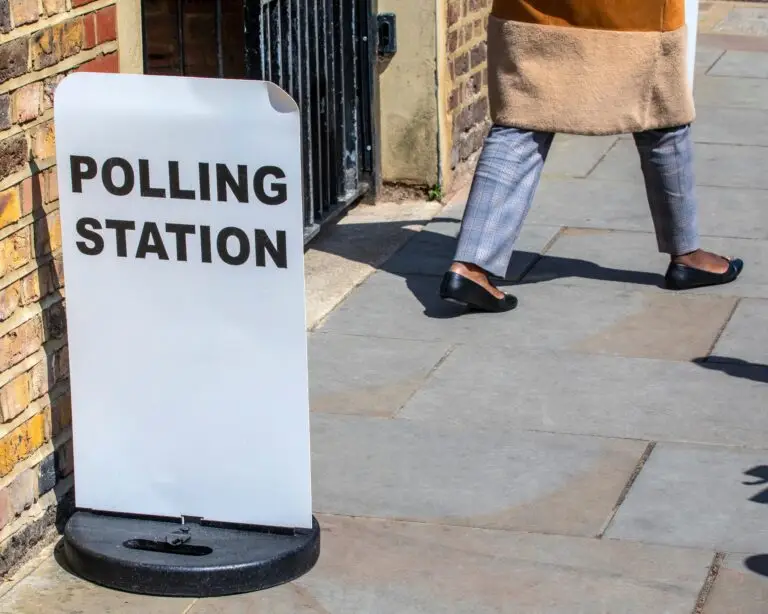- Selby and Ainsty – Labour’s Keir Mather wins with a majority of 4,000, and a swing of nearly 24%.
- Somerton and Frome – Liberal Democrat Sarah Dyke wins with a majority of 11,000, and a swing of 29%.
- Uxbridge and South Ruislip – Conservative Steve Tuckwell holds the seat with a majority of 495 votes, despite a 6.7% swing towards Labour.
Whilst Rishi Sunak avoided becoming the first Prime Minister in 55 years to lose three by-elections in one day, last Thursday’s results suggest the Conservatives’ outlook for the general election next year remain bleak. With two heavy defeats, and a last-minute recount to save Boris Johnson’s old seat, John Curtice told the BBC that “the tide is still a long way out for the Conservatives”, and they had “a long way to go” if they hoped to retain power at the next General Election.
Labour managed to overturn a majority of 20,137 in Selby and Ainsty. This is the second largest ever swing result from Conservative to Labour in a post-war parliamentary event and marks the first time the Conservatives have lost the seat since its creation in 2010. Keir Starmer said that the results showed that people see Labour as a “changed party” which was “focused entirely on the priorities of working people with an ambitious practical plan to deliver”. The result echoes trends we have been seeing in the national polling over the last few months which will cause concern in Conservative Campaign Head Quarters.
The Lib Dems overturned a majority of more than 19,000 in Somerton and Frome, which could be a positive indication for them in the coming General Election. The South-West was formerly a stronghold for the party before they were nearly wiped out in the 2019 election. This by-election victory follows on from their previous success in 2022 in Tiverton and Honiton, where they overturned a majority of more than 24,000, and also took Somerset Council back from the Tories. Lib Dem leader Ed Davey said that this result was a clear indication that “the Liberal Democrats are firmly back in the West Country”, with this result being the fourth by-election victory for the Lib Dems during this Parliament.
Some Conservative MPs have argued that the victory in Uxbridge and South Ruislip shows clearly that the next election is not a forgone conclusion, and that with the right issues to attack Labour on, they can find a path back to Downing Street. In Uxbridge, there is a consensus that it was local issues that tipped the balance in the Conservatives’ favour, with London Mayor Sadiq Khan’s ULEZ policy proving to be the decisive factor in people’s decision. The Conservative candidate made it the central feature to his campaign, and highlighted how it was regularly raised by local residents during canvassing. The potential cost of policies related to net zero and other parts of the Labour Party’s policy machine is likely to be an important theme of the next General Election campaign.
Although the Conservatives managed to keep Uxbridge, the heavy losses they suffered elsewhere do not present a promising picture for the upcoming general election. The Selby victory indicates that the “red wall” across the north and the Midlands may return in full force next year. In addition to this, both seats were won through significant tactical voting between Labour and Lib Dem voters. In Selby, the Lib Dems came sixth, whilst in Somerton, Labour trailed in fifth. Similar voting behaviour in the general election would result in disaster for the Tories.
Sunak insisted he would “double down” on his five key priorities as we enter the summer recess period, however, with the ongoing cost-of-living crisis and NHS issues still leading the news agenda, this may be a hard sell to voters, especially with Labour now leading by 20 points in the national polls.






